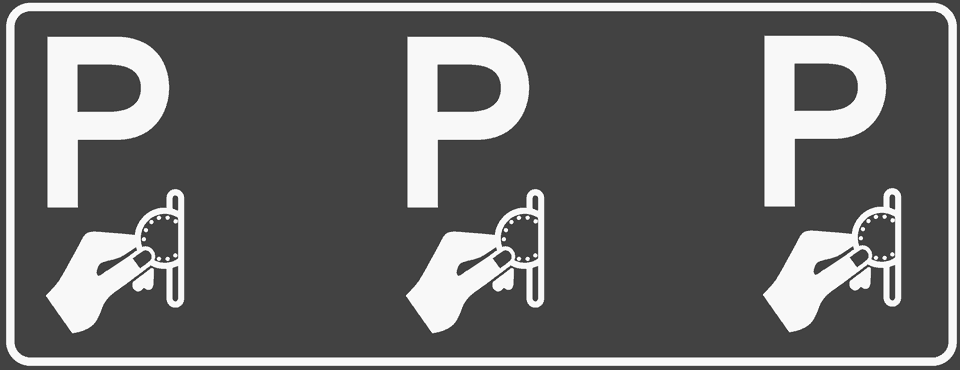
Parking policy: Do residents benefit from paid parking?
By Jesper de Groote*
Nowadays it’s almost impossible to find a free parking spot in the large cities of the Netherlands. The main goal of paid parking is to reduce the demand for the limited amount of available parking space, which makes it easier for car drivers to find a vacant parking spot and leaves more space available for land use other than parking. But what about the residents of those cities? Should they vote in favour of paid parking – or not?
Until the early 90s paid parking existed only in the centres of large cities, but since then the number of paid-parking areas has rapidly increased. Residents of those paid-parking areas are eligible for a parking permit, which allows them to park at an annual fee of about € 300 at the most. These costs do not include additional parking costs for guests (who usually pay less for parking than other non-residents), or the parking costs near local shopping centres. Is an amount of € 250 per year an acceptable price to pay in order to be able to find a vacant parking spot more quickly and more easily?
To answer this question, Jesper de Groote, Jos van Ommeren and Hans Koster analysed house prices in the cities of Amsterdam and Utrecht over the past 30 years. If the benefits associated with paid parking outweigh the increased parking costs, then this should be reflected in higher house prices; if a neighbourhood becomes more attractive, people are willing to pay more for a house in that particular neighbourhood. On the other hand: if the resistance to paid parking is strong, then house prices are expected to decrease after the introduction of paid parking. Our research shows, however, that there is neither a positive nor a negative effect of paid parking on house prices in both Amsterdam and Utrecht.
Is this bad news for policymakers? Certainly not. Our research only implies that paid parking was introduced at the right time, from the residents’ perspective – namely at the moment when the benefits of having less parking problems in their neighbourhood are equal to the costs of a parking permit. Also, the reduction of parking problems is beneficial to society as a whole.
* Jesper de Groote is a PhD student at the Department of Spatial Economics, Vrije Universiteit Amsterdam. In his research he evaluates different aspects of Dutch parking policy.
